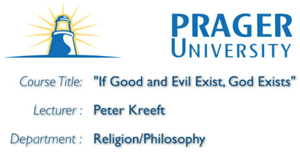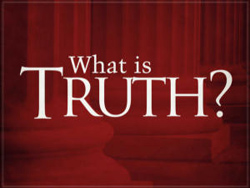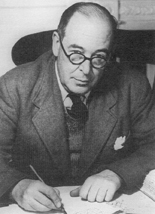 by Paul Kokoski –
by Paul Kokoski –
“I know your works: you are neither cold nor hot. Would that you were cold or hot! So, because you are lukewarm, and neither cold nor hot, I will spew you out of my mouth” (Revelation 3:15-16).
Sloth, often called acedia, is described simply as the sin of laziness. However, while this is part of the manifestation of sloth, the central problem with sloth as a capital sin is spiritual laziness – which leads to lukewarmness.
Sloth is connected with sensuality. It proceeds from a love of pleasure, inasmuch as it inclines us to avoid effort and hardship. There is in all of us a tendency to follow the line of least resistance, which paralyses or lessens our activity.
Sloth is an inclination to idleness or at least to aimlessness, to apathy in action. At times this is a morbid disposition due to poor condition of health. More frequently it is a disease of the will, which fears effort and recoils from it. The slothful person wants to escape all exertion, whatever might interfere with their comfort or involve fatigue. Like the real parasite, they live on others to whatever extent they can, becoming gruff and ill-tempered when one tries to rouse them from their inaction. [Read more…]
 by Peter Kreeft-
by Peter Kreeft-
 by Andrew M. Greenwell, Esq. –
by Andrew M. Greenwell, Esq. – by Paul Tripp –
by Paul Tripp –
 by Paul Kokoski –
by Paul Kokoski – by John G. West –
by John G. West – by Peter Kreft –
by Peter Kreft – by Samuel Gregg –
by Samuel Gregg – by Grace Harley –
by Grace Harley –